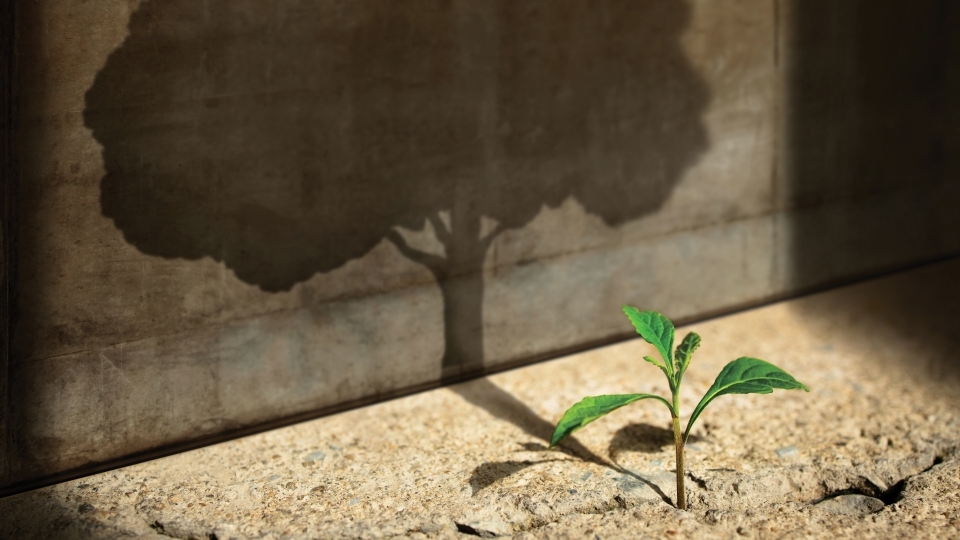And Education for All: These public-school educators teach, lead, counsel, nurture, care
December 3, 2023
- Author
- Mary Elizabeth DeAngelis

They chose this career because they care about kids.
But the past few years have been especially tumultuous for the people striving to provide America’s children with a strong public education.
Nearly 50 million kids across the country attend public pre-K–12 schools. Those schools serve a broad range of children coming from affluent to middle-class to lower-income communities. Their needs often reflect their economic circumstances.
Many already struggling with math and reading fell further behind during the COVID-19 pandemic. Mental health struggles are on the rise, with causes ranging from poverty and homelessness to social media’s addictive grip to fears about mass school shootings.
Bitter political polarization on issues ranging from book bans to American history to gender identity have cascaded from the national stage to the local school board to the classroom. Many teachers, librarians and counselors weighing low pay against high stress levels have opted out, and districts across the nation can’t fill their jobs.
Like many educators, Austin, Texas, school psychologist Katherine Griffin-Erickson ’90 feels the strain. In 26 years of working mostly with children from high-poverty communities, she’s seen dramatic change as outside turmoil increasingly enters the schoolhouse. And like many Davidson College graduates in public education, she understands how crucial their task is.
“I love working with children. I’m grateful that I’ve been able to help some who have very hard and challenging lives,” she says. “They have never needed us more than they do now.”
Davidson’s reach in education spans locally, regionally and nationally. The college community includes teachers, principals, administrators, counselors, coaches and policy experts.
They’re deeply committed to the belief that all children should have access to a high-quality education. So they continue educating, innovating and advocating, despite the often-demoralizing challenges of underfunding, understaffing and underappreciation.
It can be an overwhelming abyss of frustration. What brings me hope is the very committed people I work with every day.
a former teacher and principal who’s now an assistant superintendent of Winston-Salem/Forsyth County Schools
“We’re going to keep rolling up our sleeves, reimagining education to fit students’ needs, and doing everything we can to make sure they succeed.”
Former high school teacher and principal Laura Rosenbach ’99 sees such commitment in her role as an assistant superintendent for Charlotte-Mecklenburg Schools (CMS). She now supervises principals, and sees the toll teacher shortages, the pandemic and public criticism have taken on students and educators.
The problems are very real, she says. And yet she remains optimistic.
“When you get into a classroom, you see kids who are learning, and creative, supportive teachers who are doing everything they can to make that happen,” she says. “If people could get past the noise, and see what’s going on in classrooms, they’d be a lot more excited about public schools.”
They also share a hope that more smart, talented people will step up for public education—as teachers, staffers, policy setters, elected office holders and community advocates. That may seem a tough sell in today’s fraught climate, but Tim Saintsing ’98, executive director of KIPP North Carolina public charter schools, poses this question to fellow alumni:
“Who better to take on these extraordinary challenges than a Davidson graduate?” he asks. “It’s the central part of our identity, to lead and serve with humane instincts in a multicultural, pluralistic society.
“If you are not using your Davidson diploma to try to figure out ways to improve the lives of the most vulnerable among us—in whatever role that is—then I question what you’re doing with your Davidson diploma.”

Teacher Shoutouts
Members of the Davidson College community remember their favorite and most impactful educators.
This article was originally published in the Fall/Winter 2023 print issue of the Davidson Journal Magazine; for more, please see the Davidson Journal section of our website.











